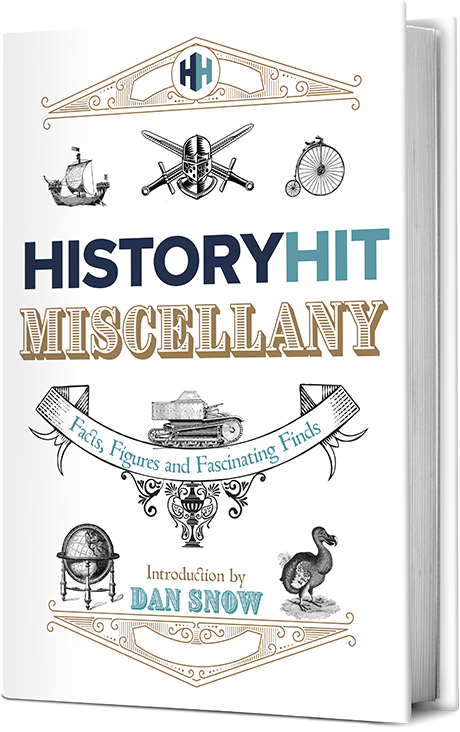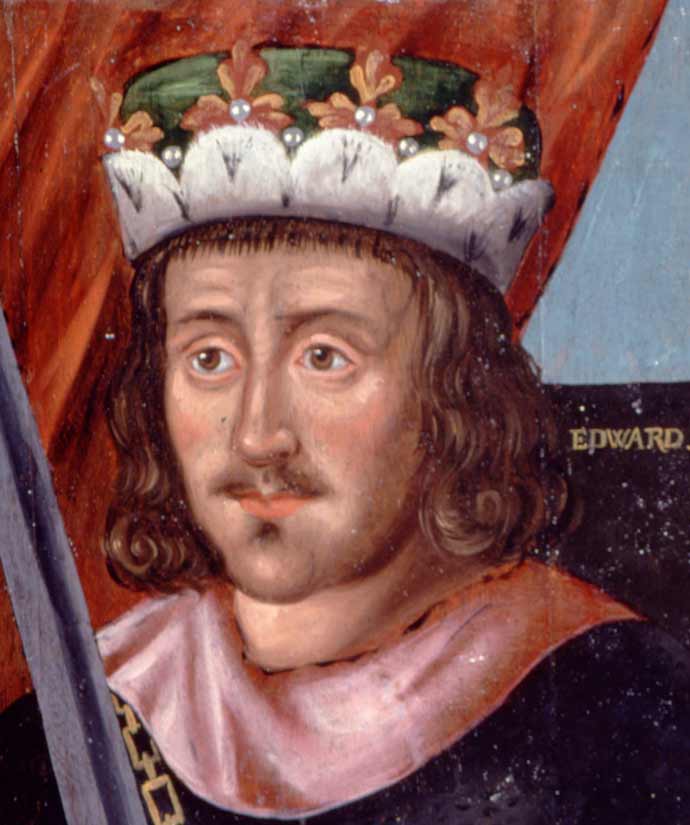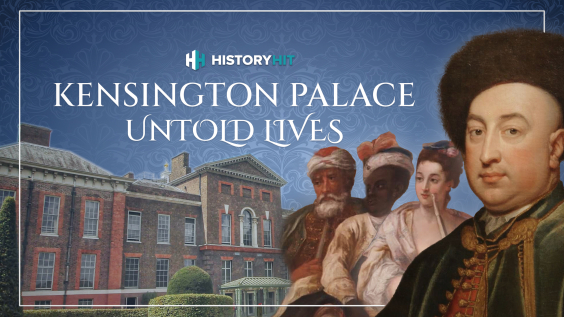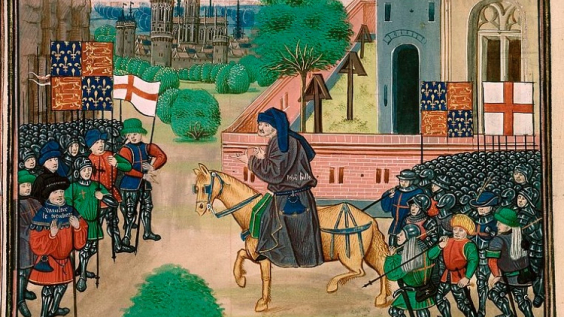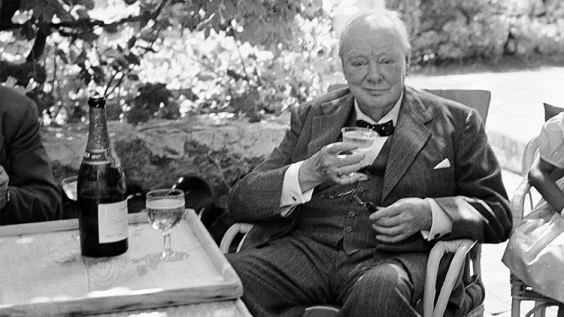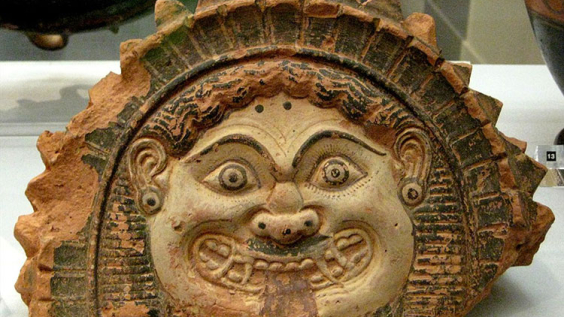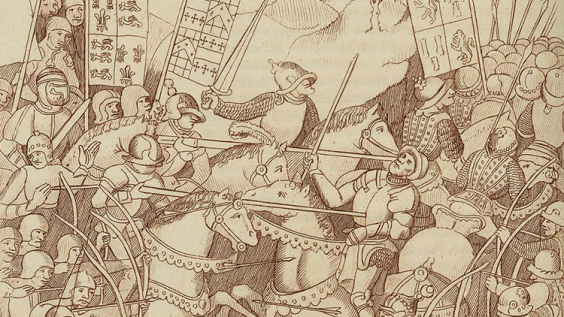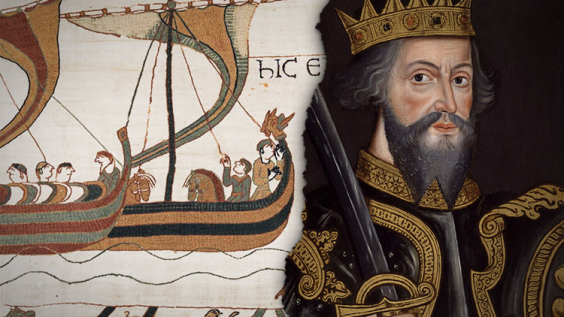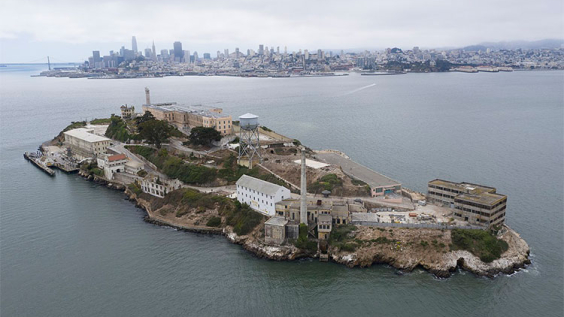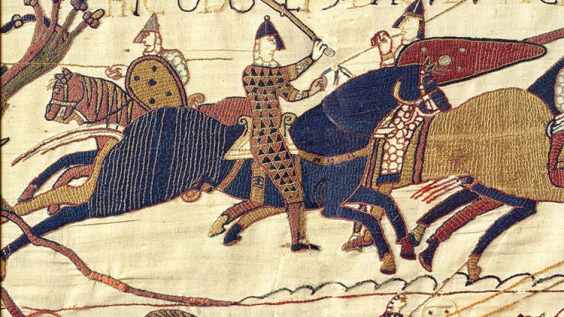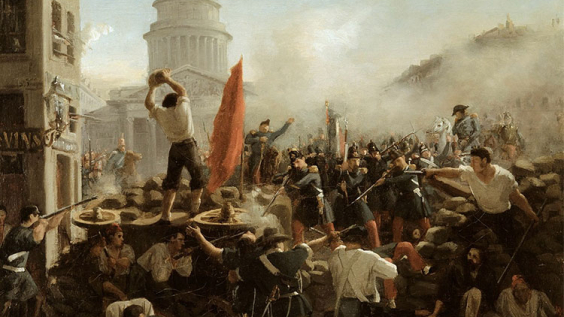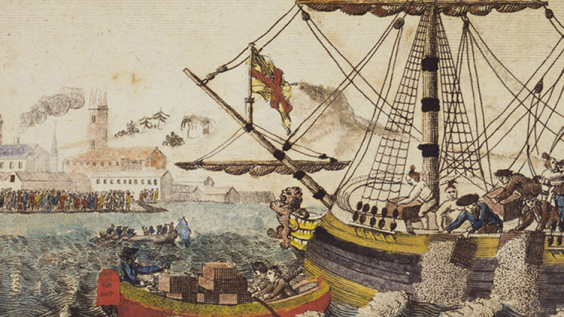
Deciding the greatest medieval king is no easy task, and depends very much on personal opinion.
Kings in the medieval world were supposed to be strong in battle, effective administrators and pious. People’s view of king’s often depends on which one of these principles they value the most.
For example some might look at Richard I whose epic battles with Saladin in the Holy Land went down in history. Others would point out that he barely spent any time in England, could hardly speak the language and actually tried to sell off the entire country to pay for his wars.
So here are five contenders for the distinction of being the greatest, although not everyone will hold that view.
William I
Conventionally viewed as England’s first king William I is perhaps best known for his invasion of England on 14 October 1066. What truly cements William’s position as one of the country’s great kings, however, is what he achieved after the Norman Conquest.
His system of castles established a greater sense of central authority than had existed previously, especially the impressive stone fortifications which now represent some of the oldest extant monuments in England. Continuing this centralising trend the census he commissioned a survey of his kingdom in 1086, the results of which were compiled in the Domesday Book.
The book records the productive assets of England, settlement by settlement, landowner by landowner. Many shires, towns and villages mentioned in Domesday Book remain familiar today and prove these places existed long before 1066. Guildford, for instance, appears in the Domesday Book as Gildeford.
Richard I
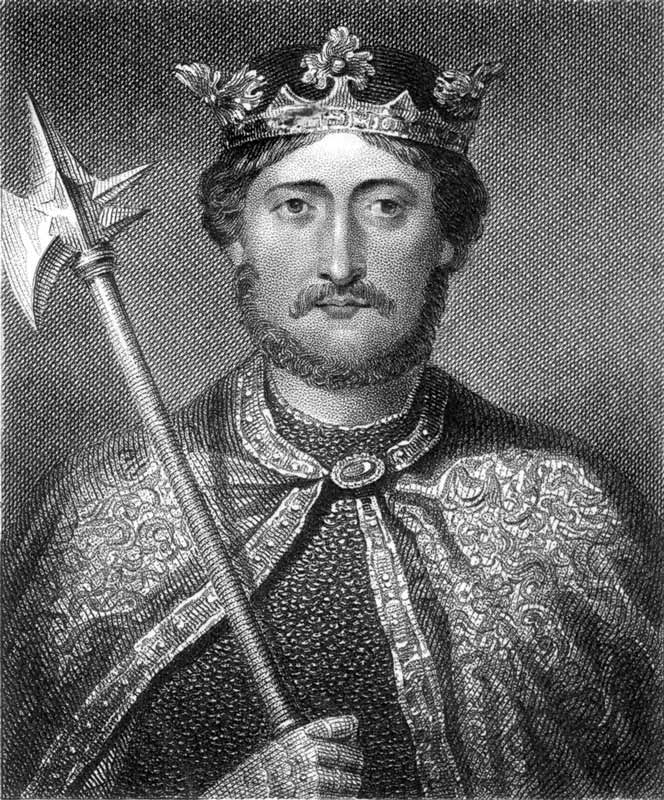
Richard’s reign did not begin auspiciously. At his coronation on 3 September 1189 nobles attacked prominent Jews who had come to pay their respects to the new king. This sparked rioting and anti-Semitic massacres throughout London. Violence continued to characterise Richard’s reign and he, like the others on this list, would make his name in battle.
Richard is best known today for his exploits on crusade where he clashed repeatedly with another famous ruler the Sultan of Egypt and Syria, Saladin. Richard and Saladin fought a long but inconclusive campaign in the Holy Land throughout the 3rd Crusade.
Ultimately Richard was forced to return to Europe fearing that his brother John might be undermining him in his absence. The truce agreed between Richard and Saladin on 2 September 1192 allowed Christian pilgrims access to Jerusalem, led to the destruction of the Crusader fortifications at Ascalon and promised peace between Christendom and the Islamic World for 3 years.
 Watch Now
Watch NowRichard died of an infected wound on 6 April 1199 while engaging in that favourite activity of English kings, invading France.
Edward I
Edward I did more than perhaps any other king in the era to bolster English power, his victories in war made him respected, feared and adored by his people. He extended royal power, reformed the legal system and did much to establish parliament making him one of the most influential kings of the time.
He also goes down as one of the most hated. In Wales, he brutally crushed rebellion and set about Anglicising the entire country.
In addition he held strong anti-Semitic views. He imposed heavy taxes on English Jews, pressured them to convert and in 1279 ordered the execution of some 300 Jewish household heads. This campaign of persecution culminated in 1290 with the Edict of Expulsion which banished Jews from England.
In Scotland he waged wars of conflict to bring them to heel becoming infamous there for his defeat of William Wallace at Falkirk on 22 July 1298. His energetic campaigning against England’s northern neighbour later earned himself the epithet ‘Hammer of the Scots’, although it was never used in Edward’s lifetime.
His brutal repression did not pay off however and when Edward died on 6 July 1307 Robert the Bruce was on the Scottish throne and, to the acclaim of the Scottish people, was making progress toward independence.
As strong a ruler as Edward may have been it is hard to make the case that such a brutal ruler, even by the standards of medieval kingship, could count as the greatest king of England’s middle ages.
Edward III
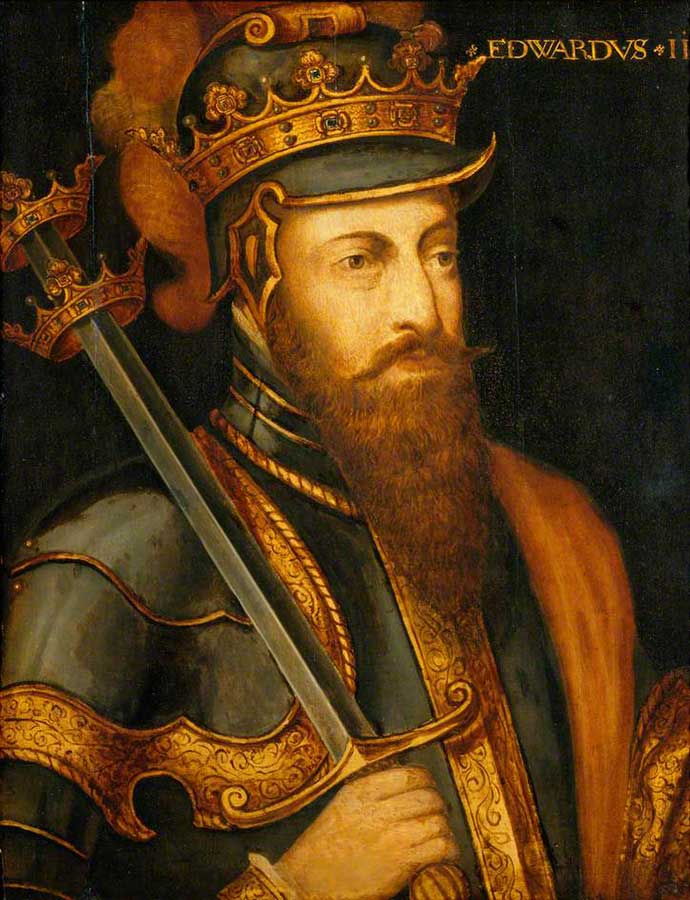
A portrait of Edward III whose successes in the 100 Year War helped establish England’s future power.
Medieval Kings spent much of their time in constant battle with the French and Edward III did this better than most. When King Phillip of France confiscated his lands in Anjou, he responded by laying claim to the French crown itself.
He defeated the French at Crécy before capturing the port of Calais. In 1355 his son the Black Prince defeated the French at Poitiers and captured the French King John II.
Although he renounced his claim to the throne he was given all of Aquitaine in return marking the end of the first phase of the 100 Years War.During his reign England had challenged the might of France and emerged victorious. By the time of his death on 21 June 1377 Edward’s bold politics and military successes had set England up to emerge as a major power on the European stage.
Henry V
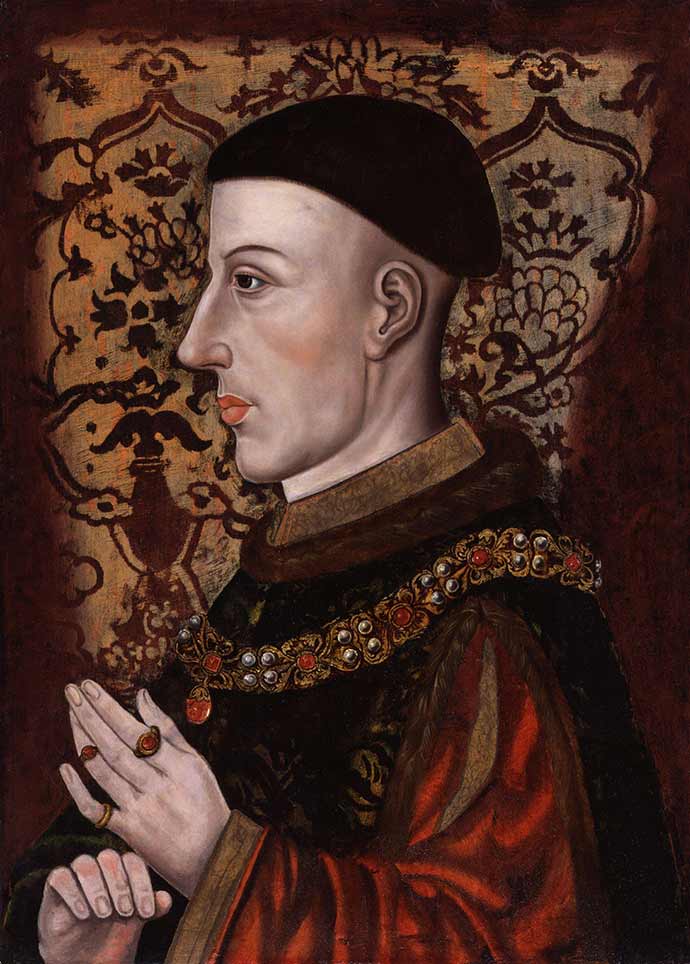
Henry V was yet another famous warrior king who made his name fighting in France. Most famously he emerged victorious against Charles VI’s army at Agincourt.
His exploits both as a King and as a young man have been cemented in the popular imagination thanks to Shakespeare’s plays. Immortal though he may be in literary terms Henry did not enjoy a long reign, he died aged 36 on 31 August 1422 after falling sick during yet another invasion of France.
Richard III
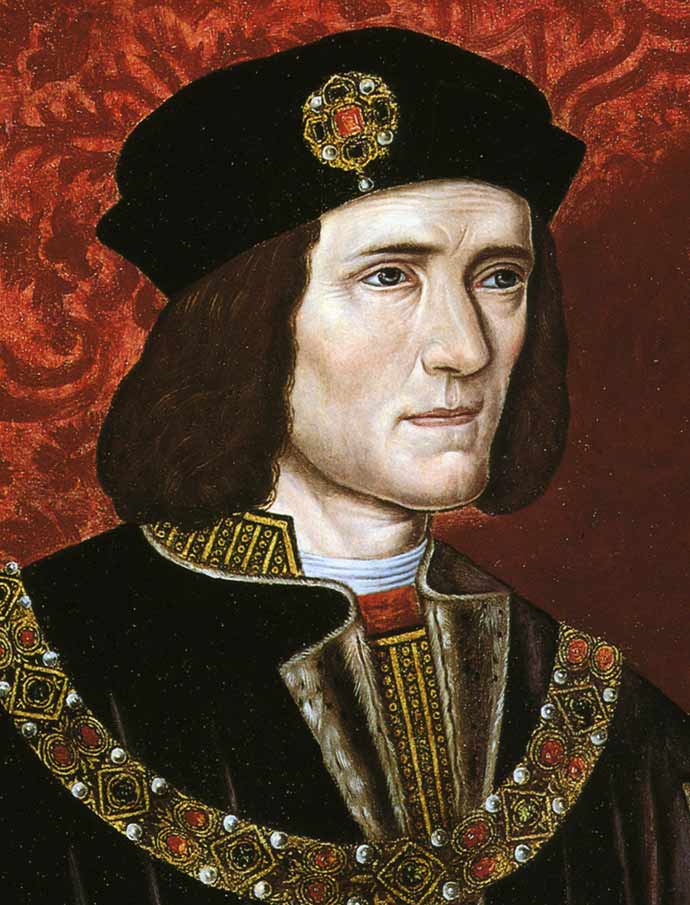
Although Richard III lacks the reputation for greatness of other medieval kings he achieved a great deal in his brief time on the throne.
To most people Richard the III is the tyrant and killer who ended up being stabbed in the back and buried in a car park, but that doesn’t tell the whole story.
Certainly he remains a prime suspect for the killing of his nephews – the princes and rightful heirs to the Kingdom – although there are plenty of other compelling candidates. His time on the throne was unusually brief too; his death on the battlefield at Bosworth came only 2 years after he was crowned.
 Watch Now
Watch NowIn those years, though, he enacted real reform which made the lives of his subjects measurably better – a rare achievement for a medieval monarch. He translated the law from French and Latin into English, introduced bail for prisoners and made the legal system fairer and more accessible for poorer people.
He was also an effective ruler in the north under his brother’s rule and successfully defended England from the Scots. Although the Tudors would set out to destroy his reputation after his death, he was genuinely popular during his lifetime.

